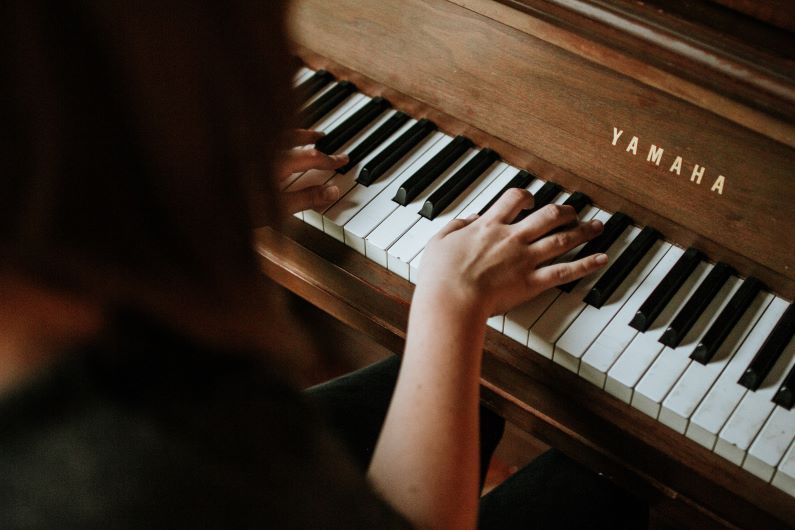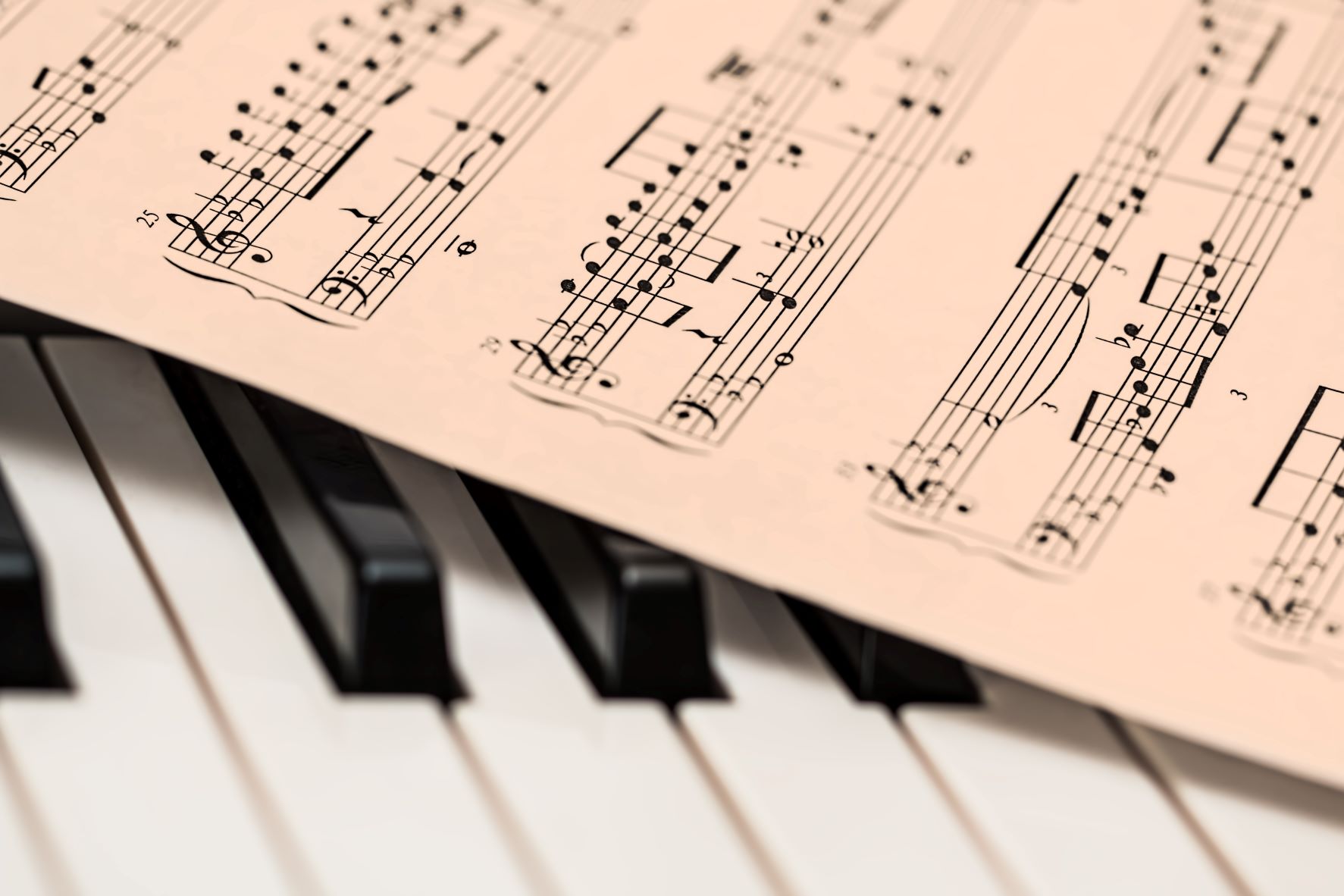I played piano passionately in my younger years. I started late, at the age of 10, but I worked hard and got caught up quickly. By practising the fingering of my pieces both on and off the piano, I learned the music, changing the pressure of my fingers to play forte versus pianissimo. I worked on the technical aspects of musicianship by doing scales, chords, and arpeggios ad nauseum. All this for an hour a day until the end of high school.
I loved the piano. It connected me to my dad who adored classical music. Together we would listen to classical music together. Over time, he taught me about the major composers, Bach, Mozart, and Beethoven, along with other lesser knowns. His favourite era became mine – the Romantics of the 19th century – so I came to appreciate Liszt, Schubert, Schumann, and Chopin.
Music challenged me intellectually, physically, and emotionally. Playing long arpeggios with the left hand while maintaining the slight rubato rhythm of the right made Christian Sinding’s “Rustle of Spring” a challenge. Liszt was difficult to play as he had very long fingers so he’d often write in octaves where you have to space your fingers wide apart. It made his music hard to play melodically because playing by octaves can make the musical line sound choppy.
Sometimes I couldn’t bear to listen to a piece of music because I knew it would make me sad (ahem, Mozart’s Requiem), other times I would listen to something specifically to evoke happiness, like Strauss’s Blue Danube Waltz.
Piano Lessons
You’ve likely heard the famous joke,

How do you get to Carnegie Hall?
Practice, practice, practice
My passion for music made practice easy. While I certainly resented the exercises I had to do to strengthen my fingers, learning my scales inside out helped me appreciate music better. I got to know the “personality” of G major (gentle, peaceful, lyrical) and the other key signatures which added depth to my understanding of pieces. Listen to Bach’s Cello Suite No.1 in G Major and you’ll hear exactly what I mean.
Integration
Playing piano schooled me in the integration of body, mind, heart, and spirit. It taught me to bring my whole self to the moment. When I dropped one element, for example, when my heart wasn’t in it, the music suffered. It sounded wooden or listless even if I played it technically well.
I realize now that playing piano taught me “embodiment,” a concept we use in coaching. Amanda Blake describes embodiment as our ability to put complex actions on autopilot so that how we respond becomes second nature (Your Body is Your Brain). By embodying Liszt (long fingers, romantic style, lots of rubato), I could play his Consolation No. 3 with all the tenderness he put into the composition. Over time, “Liszt” became “me.”
Application
Think of a time you brought your whole self to the moment.

Where were you?
What were you doing?
What did it feel like?
I bet it felt fulfilling. That’s how I feel about the piano.
Now expand it.
What kind of impact do you have when you present your whole self to others?
Showing your whole self gives permission for others to show theirs. It resonates at a deeper, non-verbal level. Because most communication is non-verbal, your impact is about way more than the words you use to communicate your message.
Pianist Photo by Jordan Whitfield on Unsplash, Photo by JJ Ying on Unsplash

